ZIMNICEA: On the 25th anniversary of the execution of the dictator Nicolae Ceausescu, life in the small Romanian port town of Zimnicea is defined by poverty, corruption and, remarkably, a yearning for communist days.
This industrial city of 15,000 symbolises the fortunes of the EU’s second poorest country as it has tried to rebuild since Ceausescu was killed by a firing squad on December 25, 1989, after a popular rebellion pushed him from power.
Though the revolution that ousted the dictator and claimed 1,000 Romanian lives ended more than four decades of brutal and repressive rule it also ushered in an era of mass economic suffering.
“Nineteen-ninety marked the beginning of a national tragedy, with many workers left unemployed and factories shut down,” the town’s Social Democrat Mayor Petrica Parvu told AFP.
Zimnicea once bustled with 8,000 workers in its factories, but now only 3,500 people have jobs.
“Under communism people had jobs and earned enough money,” 56-year-old babysitter Elena Bolboroc told AFP, echoing other nostalgic residents.
That changed after Ceausescu’s regime fell.
“The industrial zone was destroyed: the pipe and ribbon factories, the sugar refinery,” said Viorica Ghicea, a 69-year-old pensioner. “Before 1989 people got paid every two weeks, students got free books.”
Like other Romanian cities, Zimnicea was the victim of “irrational development” before 1989, said economist Otilia Nutu. Dependent on government subsidies, the town’s companies were “doomed to bankruptcy after the fall of the regime,” she added.
Today the economic future of the city is in the hands of Ioan Niculae, the richest man in Romania and a native son of Zimnicea who is dogged by allegations of shady dealings.
The billionaire’s agro-industrial conglomerate InterAgro is omnipresent in Zimnicea and many here work for him, mostly earning the minimum wage of 200 euros ($240) per month.
The godfather
Niculae, who is the godfather of the mayor’s daughter, acquired two old factories in town for a pittance, according to his detractors.
Meanwhile, prosecutors are investigating him on suspicion of money laundering, echoing other recent high-profile cases including a graft probe against ex-president Traian Basescu’s brother.
If the investigation of Niculae leads to a conviction it will be more bad news for Zimnicea.
“Yes, the city depends to a large degree on Mr Niculae,” admitted Parvu, the mayor. “But it’s a good thing, because his group pays taxes.”
The town certainly needs the money, as it is still rebuilding from a devastating 1977 earthquake that was made even worse by the deceit of a communist official.
The local first secretary had exaggerated the extent of the quake damage, garnering a generous rebuilding grant from the government.
Ahead of a visit to the town by Ceausescu, the official sent in bulldozers to knock down homes that had survived the quake in order to make his claims appear true, according to information that emerged after the regime fell.
Yet to this day the reconstruction of Zimnicea’s city centre has never been totally completed.
For stay-at-home mother Mariana, who did not provide her full name, one of the town centre’s unfinished buildings is home.
In the apartment she shares with her husband and son there is no hot water and they heat their home with an improvised wood-burning stove.
“Life is hard, but other families are even poorer,” she said, holding some rags her husband had picked up in the street “hoping they could be used for something”.—AFP
Published in Dawn, December 25th, 2014


































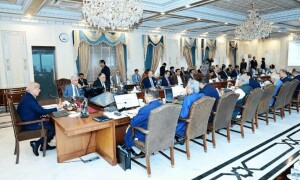

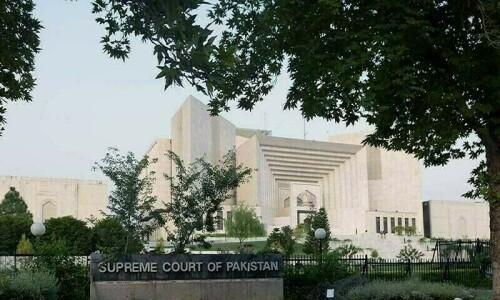

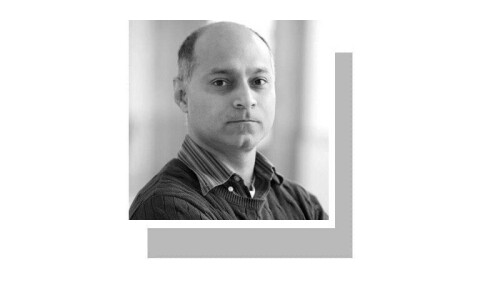
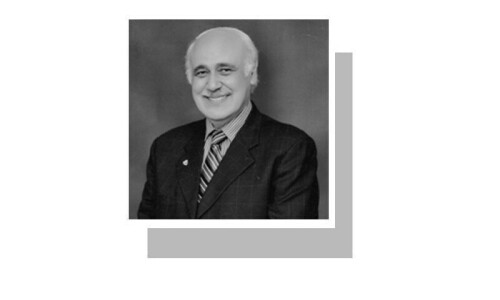

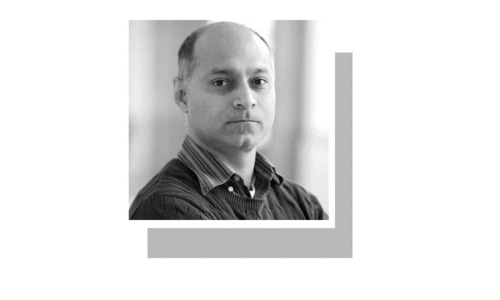
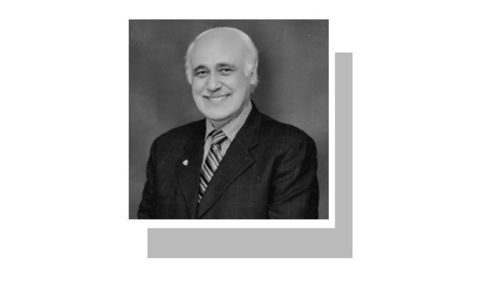
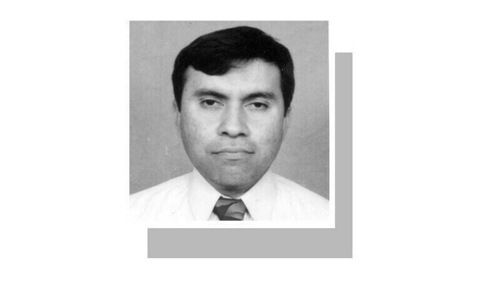

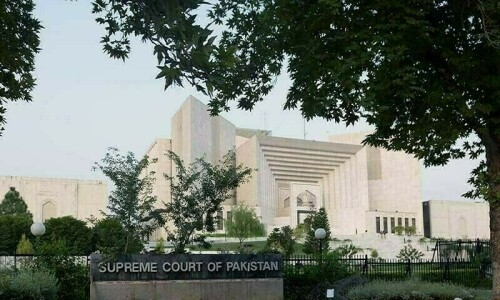




Dear visitor, the comments section is undergoing an overhaul and will return soon.